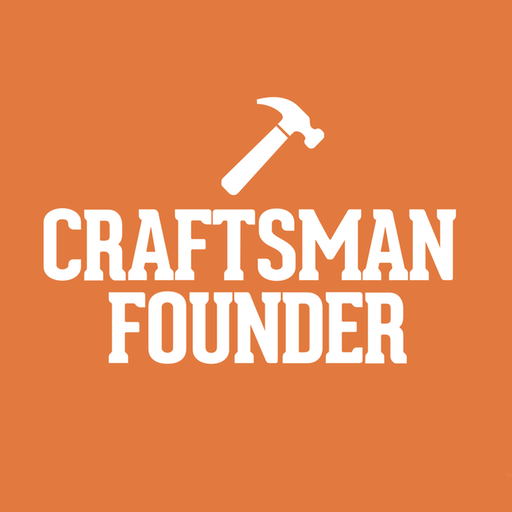11 Deadly Startup Mistakes that Founders Make
Whenever I talk to a successful entrepreneur, I always ask them what common mistakes they see founders make over and over again. Luckily I have had the chance to record some of these conversations recently in the podcast and transcribe them to share with the world.
Read this list carefully and make sure you are not making one of these fatal mistakes.
Neil Patel (watch the full interview)
- Founders don’t execute fast enough. They want to create the best product or over-think things rather than testing and measuring results.
- Founders make decisions based on what they want vs. the data. They end up building products nobody wants to use or pay for. Use the 7 Secrets to Choosing Your Startup Idea to make sure you don’t make the same mistake.
- Founders don’t think about marketing. The best startup idea or product in the world still needs to be marketed. Founders think they can’t start marketing until they finish the product or feature. These are just excuses and the excuses never ends. You will always come up with more reasons to not start marketing yet. The product does not need to be done to start marketing it.
Dave Hersh (watch the full interview)
- Founders try to scale their company prematurely before they have proven their business idea… see the Startup Genome Project’s Report on the #1 cause of startup failure (74% of high growth internet startups fail due to premature scaling).
- Founders are dogmatic about how to do startups (seed round of funding, then an A round, then a B round, etc). Founders should not force a company to be bigger than it should be just because you want it to be. Many companies aren’t VC fundable.
- Founder ego gets in the way. Many entrepreneurs feel like they need to be successful in the eyes of their peers which leads them to be dogmatic and scale their business too early.
Chris Tacy (watch the full interview)
- Founders look for advice from the Internet too often. The Internet is not your mentor. You can not crowdsource being a good entrepreneur. Find mentors who know what they are doing. Ask them for their advice. Take their advice. Stop asking Hacker News how you should do payroll.
- Founders don’t educate themselves about VC realities, VC structure and VC practices. You can’t go into a relationship with a VC being ignorant of what their business is and how they do it.
- Founders tolerate brilliant assholes. Startups are small and fragile. Hiring people you know are disruptive and unprofessional because they are brilliant can kill startups. Founders tolerate them and make excuses because of their brilliance. The problem is that teaches employees that there is a double standard and that the more brilliant you are, the worse you can behave. This is a death spiral for startup culture.
Patrick Vlaskovits (watch the full interview)
- Founders aren’t aggressive enough with experimentation. They have a good idea and stop looking for a better one. Or worse: they have a bad idea and give up. What worked yesterday is not likely to work today any more, so you have to constantly be learning and looking for new angles.
- Founders try to be all things to all people. Founders need to understand their target audience and their hopes and dreams. The hopes and dreams of a young woman are vastly different than those of an old man. Who exactly are you trying to sell to? It’s a question most founders avoid asking themselves.
Your Turn…
What’s the best advice you’ve heard? What lessons have you learned the hard way? Leave your story in the comments below…
About the Author
Lucas Carlson
Lucas Carlson is a hands-on consultant, author and entrepreneur. He helps founders discover opportunities for growth, both for their companies and for themselves. He was the CEO and founder of AppFog, a popular startup acquired in 2013 after signing up over 100,000 developers and raising nearly $10M in venture funding from top angels and VCs.
